CAMP VICTORY, Iraq (Army News Service, May 1, 2008) - Soldiers visited the Baghdad Patrol Headquarters Communications Center April 30 to assess and develop communication systems as a part of a program to determine the requirements needed for a legitimate Iraqi police force.
The Iraqi Police Force's effectiveness in helping its citizens is determined by the ability to communicate and respond quickly to problems in its area of operations.
"People will die if communications aren't working," said 1st Lt. Christopher Gehri, Multi-National Division-Baghdad's 18th Military Police Brigade Police Transition Team officer. "Communications is one of the primary systems you need to be a successful police force."
<b> Mission of Communication </b>
The police transition team's mission in Baghdad is to assess and develop IP systems. The brigade has developed the enhanced Police Transition Team in an effort to focus on improving the systems of the Iraqi Police organization.
"Iraqi police have grown in numbers -- now their systems need to grow to match those numbers," said Capt. David DeLong, a communications officer with the 18th MP Bde.
Delong is part of the ePTT visiting IP stations' headquarters in Baghdad to examine the IP communication systems to determine the requirements needed to develop a legitimate police force.
After visiting different stations in the organization, Delong went to the Baghdad Patrol Headquarters Communications Center April 30 to further examine IP communications system in place.
"The Iraqi Police were very happy to have someone who knows communications to talk with them and lend some additional advice," said DeLong. "I was impressed with the knowledge of their communications systems that they have and that they knew where they wanted to go in the future with their systems."
Internet communications is important and vital for the passing of information between IP stations and headquarters in Baghdad, DeLong added.
During his visit at IP headquarters, Delong observed areas related to internet connectivity between IP stations that could be improved.
"They have shortfalls with internet connectivity, and their staff is now trying to fix these shortfalls with our assistance," said DeLong
<b> Examining the Process </b>
The Baghdad Patrol Headquarters Communications Center issues, repairs, installs and tracks the organization's communication systems used by Iraqi Police stations and patrols.
"We keep track of and repair all radio equipment that the IP use in Baghdad," said Col. Ass'd Abdaleahra Mousa, commander, Iraqi Patrol Police Headquarters Communications Center, referring to the communications center, which opened in 1963.
The ePTT examined how IP communications process works while at the center.
"We are learning how the IP communications distribution system works and seeing what we can do to help," said DeLong, while touring the facility.
The Police Transition Team examined the center's storage facilities, repair shop and had professional discussions about communications operations with Mousa. The ePTT was very impressed with the IP systems that are in place.
"They have a good system in place," said DeLong. "The IP were able to demonstrate they have ability to maintain and account for their equipment."
The ePTT was also impressed with the ingenuity IP use to repair and maintain their radio systems and how they integrated earlier recommendations from Coalition Forces in past visits.
Gehri noted that while CF and IP systems are similar, the IP system was still not automated.
"The difference is that our system is on computers and the IP system is on paper," said Gehri.
<b> Future Communication Systems </b>
The next step is to recommend the Ministry of Interior supply additional radios to the Baghdad facility in order to support IP on patrol and to propose that IP automate their current systems for future efficiency purposes.
After assessing the communications facility, Delong concluded the hardest step in improving the communications system in the future would be IP expanding capabilities.
"The hardest part of this mission is getting the IP automated," said DeLong. "Once we have accomplished that, we will be one step closer to getting the job done."
The ultimate goal of the ePTT is improving IP systems in Baghdad so they can independently move towards a rule of law there.
"The IP leadership is taking advice from the ePTTs and taking responsibility for their stations, while feeling better working with the recommendations made by the ePTT subject matter experts," said Lt. Col. Thomas Lombardo, operations officer, 18th MP Bde., during a recent assessment of the police transition teams operations in Baghdad.
Now that IP are using the advice the CF are giving them, the ePTT and PTTs are very encouraged about IP forces' success in the future.
"What we saw today was very encouraging," said Gehri, referring to the Baghdad Iraqi Patrol Police Communications Center.
"We are doing a lot to help the Iraqis," Gehri said. "IP are taking steps in the right direction, moving closer to Iraqi self-reliance."
(Sgt. Daniel Blottenberger serves with the18th Military Police Brigade Public Affairs Office, Multi National Division-Baghdad)
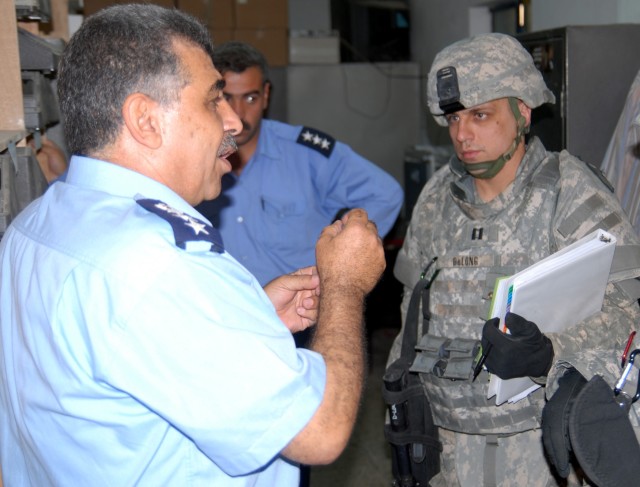
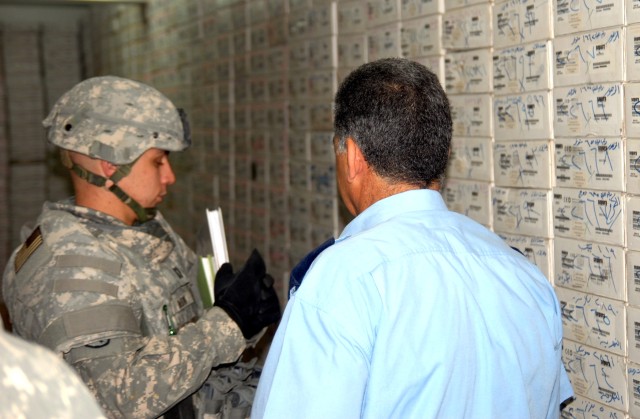
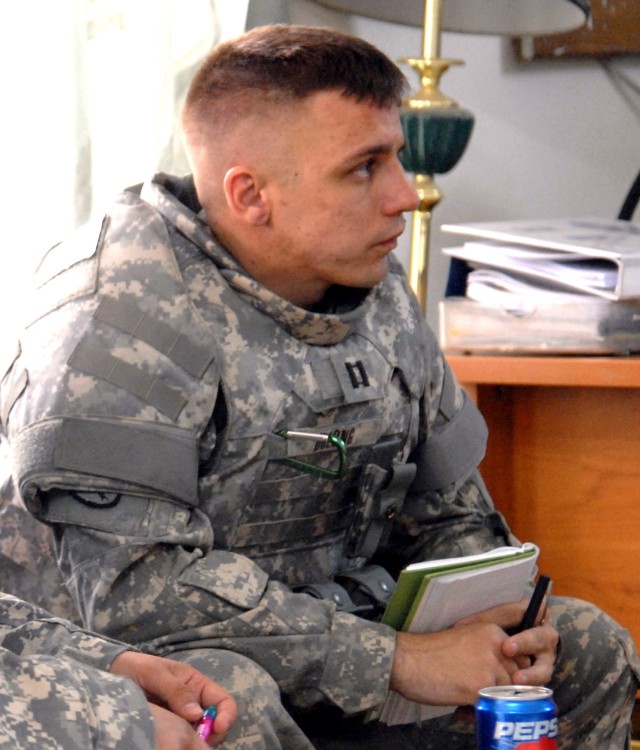
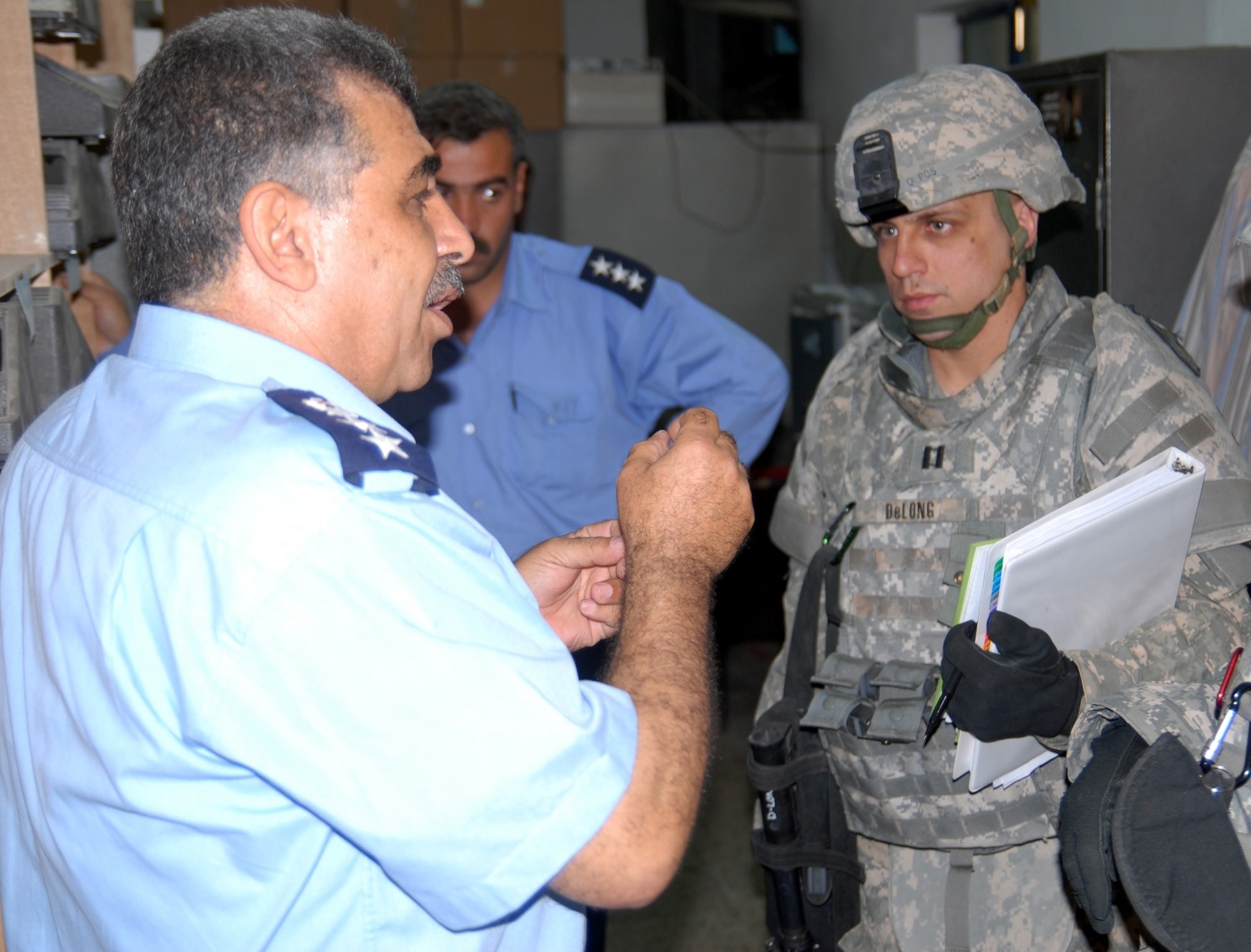
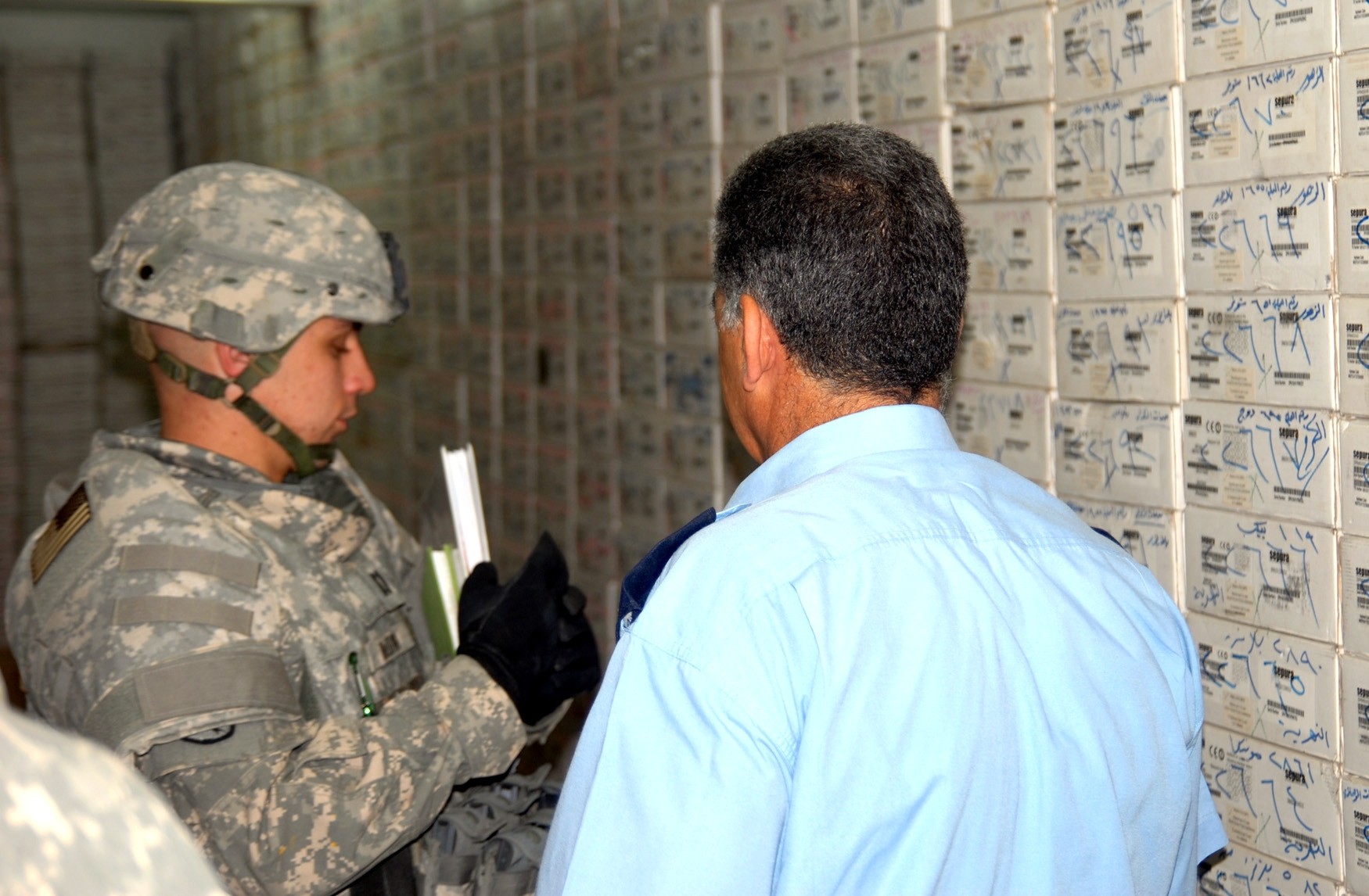
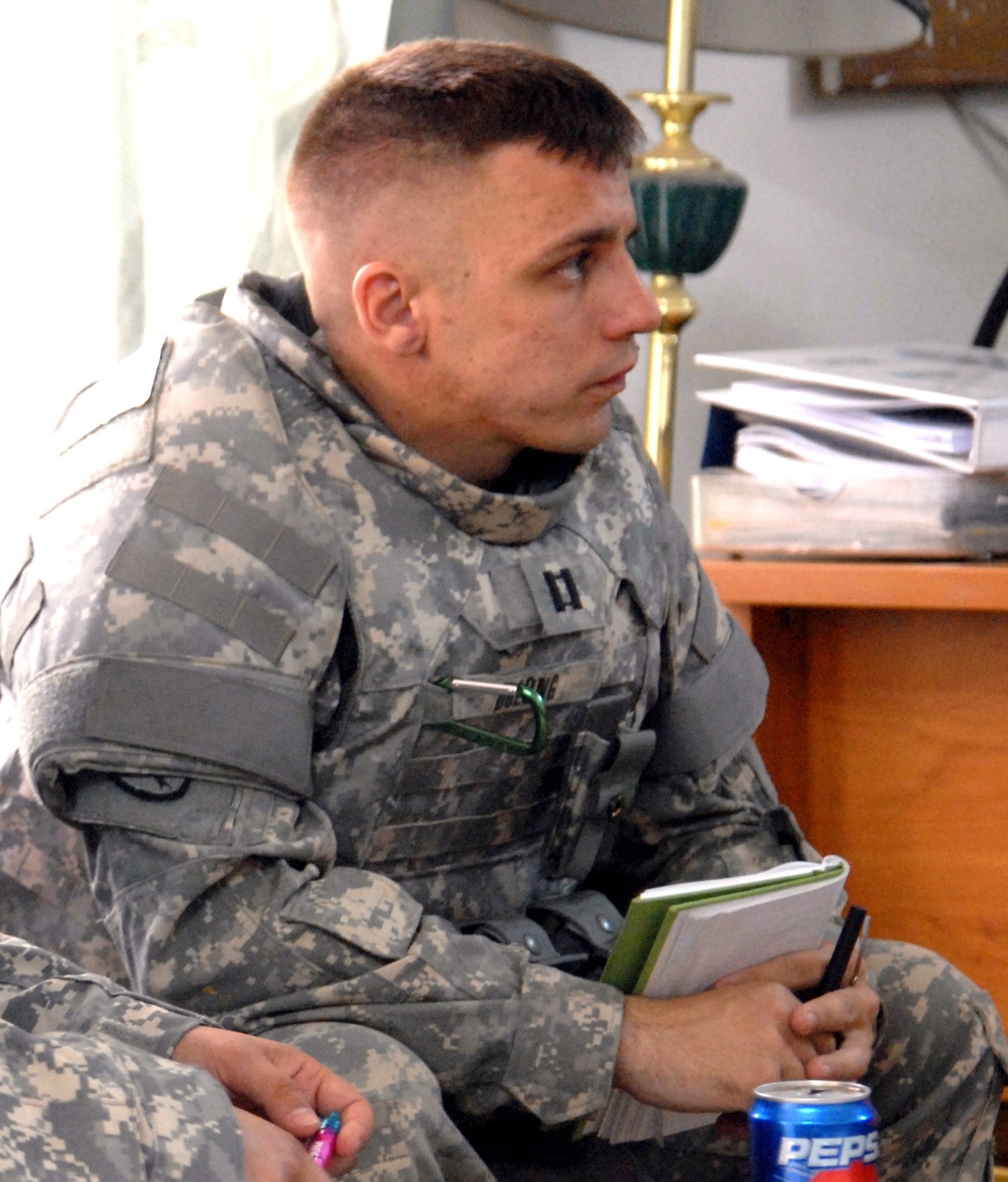
Social Sharing